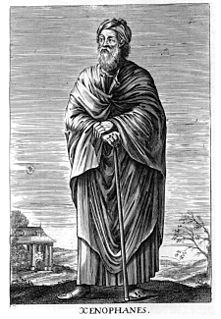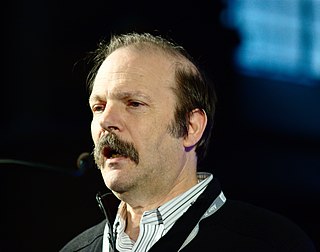A Quote by Susan Sontag
Someone who is perennially surprised that depravity exists, who continues to feel disillusioned (even incredulous) when confronted with evidence of what humans are capable of inflicting in the way of gruesome, hands-on cruelties upon other humans, has not reached moral or psychological adulthood.
Related Quotes
My point of view actually on artificial intelligence, which ties into the nature for humans constantly looking into the reasons for why we exist and why consciousness exists changed during the making of Chappie. And I'm not actually completely sure that humans are going to be capable of giving birth to A.I. in the way that films fictionalize it.
When humans act like animals, they become the most dangerous of animals to themselves and other humans, and this is because of another critical difference between humans and animals: Whereas animals are usually restrained by the limits of physical appetites, humans have mental appetites that can be far more gross and capacious than physical ones. Only humans squander and hoard, murder and pillage because of notions.
There is one god, greatest among gods and men, who bears no similarity to humans either in shape or thought... but humans believe that the gods are born like themselves, and that the gods wear clothes and have bodies like humans and speak in the same way... but if cows and horses or lions had hands or could draw with the hands and manufacture the things humans can make, then horses would draw the forms of gods like horses, cows like cows, and they would make the gods' bodies resemble those which each kind of animal had itself.
Once upon a time ... the only autonomous intelligences we humans knew of were us humans. We thought then that if humankind ever devised another intelligence that it would be the result of a huge project ... a great mass of silicon and ancient transistors and chips and circuit boards ... a machine with lots of networking circuits, in other words, aping-if you will pardon the expression-the human brain in form and function. Of course, AIs did not evolve that way. They sort of slipped into existence when we humans were looking the other way.
Very close cousins like humans and chimps have almost all their genes in common. Slightly less close cousins like humans and monkeys still have recognizably the same genes. You could carry on right on down to humans and bacteria, and you will find continuous compelling evidence for the hierarchical tree of cousinship.


































